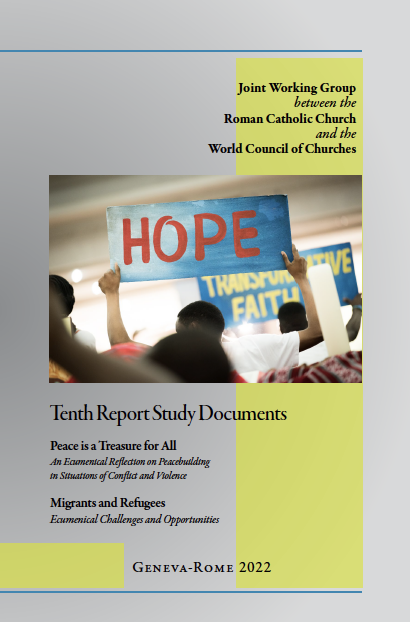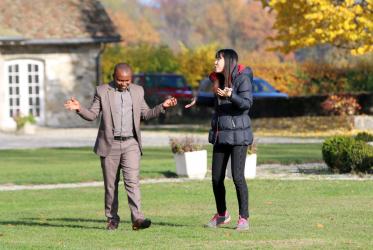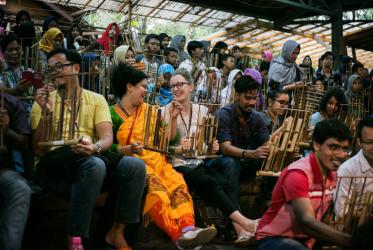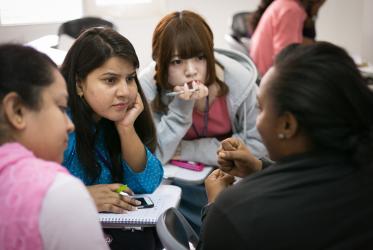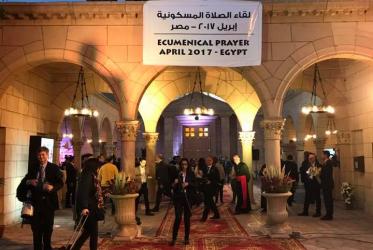Displaying 1 - 20 of 37
19 August 2022
Paving the way for ecumenical studies, learning English in Bossey
24 September 2018
Youth in Asia can now apply for WCC inter-religious training
15 February 2018
Roman Catholic-WCC group focuses on peace-building, migration
19 September 2017
What does ‘prudence’ mean for dialogue and peace-building?
16 November 2016
